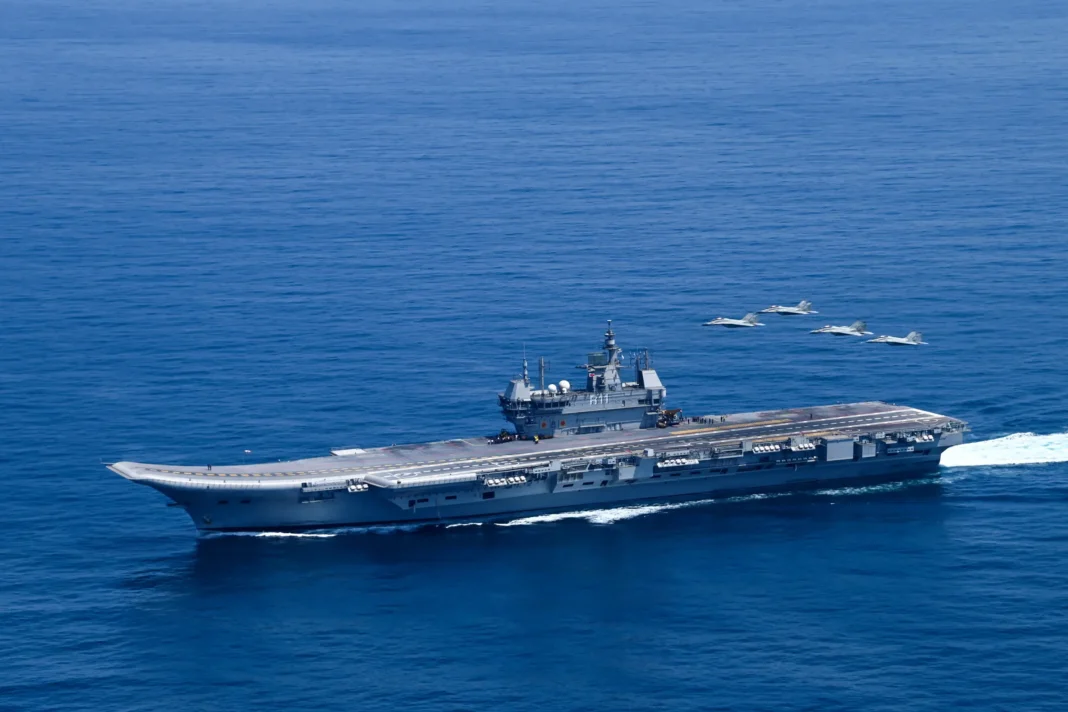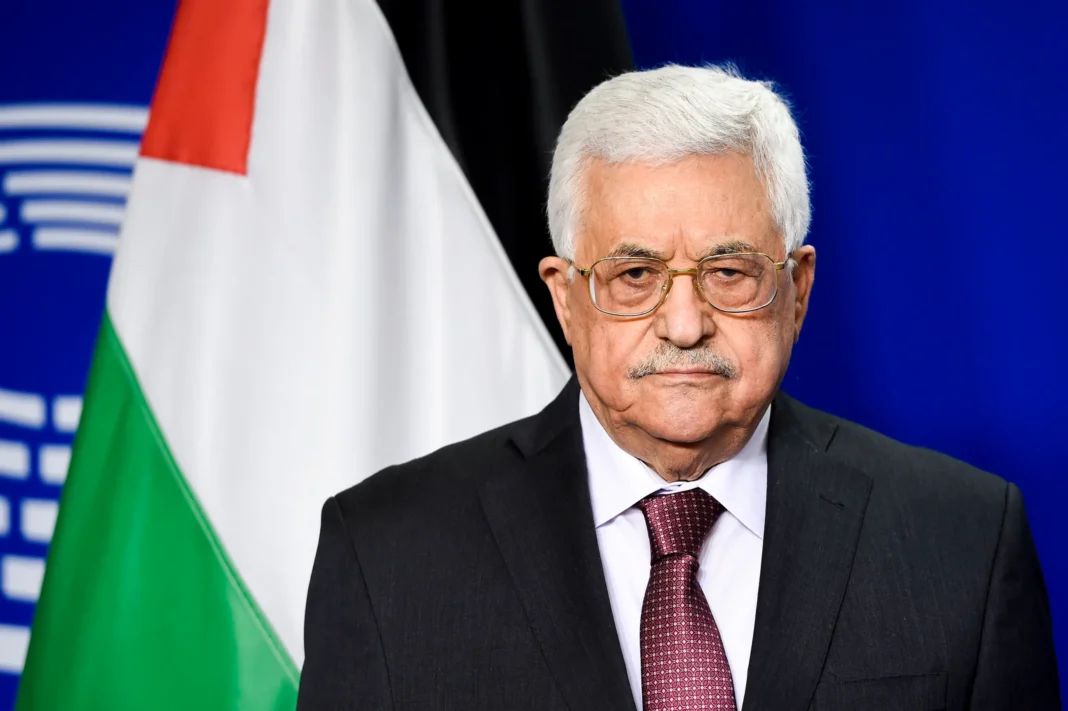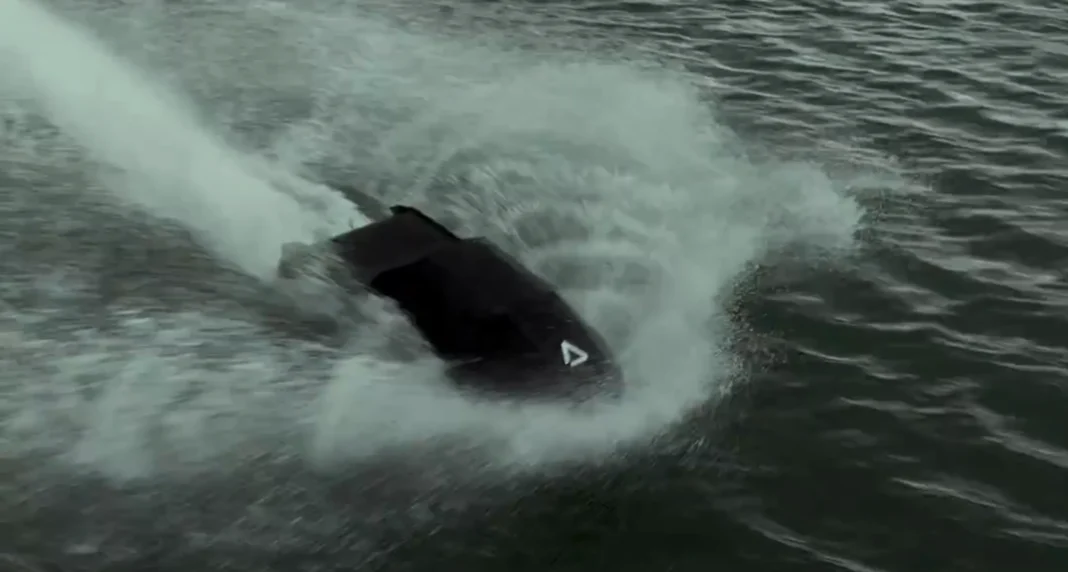New Delhi/Islamabad — The already fragile relationship between India and Pakistan has entered a new phase of volatility following a brutal terrorist attack in Indian-administered Kashmir that claimed the lives of 28 civilians and injured more than 20 others. The attack, carried out in the Baisaran Valley near Pahalgam on April 22, was swiftly claimed by The Resistance Front (TRF), a proxy group with ties to the Pakistan-based Lashkar-e-Taiba. The group stated the assault was in retaliation against what it called “demographic engineering” in the region.
Diplomatic Retaliation Unfolds Rapidly
In a matter of hours after the attack, India launched a series of decisive diplomatic actions:
- All Pakistani nationals were ordered to leave India within 72 hours. Visas were cancelled en masse, and immigration authorities were instructed to enforce an exit deadline by April 29.
- Diplomatic downsizing followed, with India expelling senior Pakistani officials and recalling its own envoys from Islamabad, significantly straining official channels of communication.
- The Indus Waters Treaty—a key bilateral agreement brokered in 1960—was suspended by India, signaling a potential strategic shift in the use of cross-border water resources.
In a swift and equally forceful response, Pakistan mirrored several of India’s actions:
- Pakistani officials ordered the closure of their airspace to Indian carriers and initiated the expulsion of Indian diplomats, alongside the revocation of existing Indian visas.
- Trade links were officially frozen, including the suspension of informal trade routes in Kashmir and official channels through land and maritime routes.
- Most notably, Pakistan suspended the 1972 Simla Agreement, a pivotal pact that has governed the ceasefire line (Line of Control) and diplomatic mechanisms for over five decades.
- Islamabad warned that any attempts by India to divert waters from the Indus River system would be viewed as an “act of war,” escalating the rhetoric to dangerous levels.
Military Mobilization and Strategic Signaling
Amid the diplomatic chaos, military movements on both sides have amplified concerns of further escalation:
- The Indian Navy deployed INS Vikrant, its indigenous aircraft carrier, to the Arabian Sea. The carrier strike group, equipped with MiG-29K fighter jets, anti-submarine helicopters, and warships armed with BrahMos anti-ship missiles, has reportedly taken positions within operational range of Pakistani waters, projecting strength and deterrence.
- Pakistan responded with naval exercises near the Makran coast, featuring anti-ship missile tests and submarine maneuvers. The timing and location of the drills were widely interpreted as a direct message to New Delhi.
Military analysts warn that the deployment of flagship assets like INS Vikrant and Pakistan’s coastal readiness reflect a shift from rhetorical brinkmanship to strategic signaling with real escalation risks.
Kashmir at the Epicenter
The contested Kashmir region remains at the heart of the conflict. India has repeatedly accused Pakistan of supporting cross-border terrorism, while Pakistan maintains that its support is moral and diplomatic for what it terms a “freedom movement.” The April 22 massacre, however, has galvanized public opinion in India and sparked a wave of nationalist sentiment, putting additional pressure on the Indian government to respond decisively.
Security forces in Kashmir have launched massive cordon-and-search operations across southern and central districts, with multiple encounters reported between militants and Indian troops.
International Response: Calls for De-escalation
The United Nations, United States, European Union, and regional powers such as China and Russia have urged both nations to show restraint and return to diplomatic engagement. Backchannel communications are reportedly underway, but neither country has signaled a willingness to step back from their respective hardline stances.
With both countries possessing nuclear weapons and long-range delivery systems, international observers have voiced grave concerns about the potential for miscalculation or accidental escalation.
Strategic Stakes and the Road Ahead
This current crisis is more than a diplomatic standoff; it represents the breakdown of several long-standing mechanisms that have preserved relative peace, even amid frequent skirmishes. The suspension of the Simla Agreement and the Indus Waters Treaty may mark the end of the post-1971 conflict architecture between India and Pakistan.
India’s messaging appears clear: that the status quo is no longer acceptable if it involves continued acts of terror emanating from Pakistani soil. Pakistan, on the other hand, sees India’s internal policies in Kashmir and military posturing as destabilizing and unjust.
The next steps—military, diplomatic, or political—will be critical not only for bilateral relations but for the security of South Asia and the broader international order.





